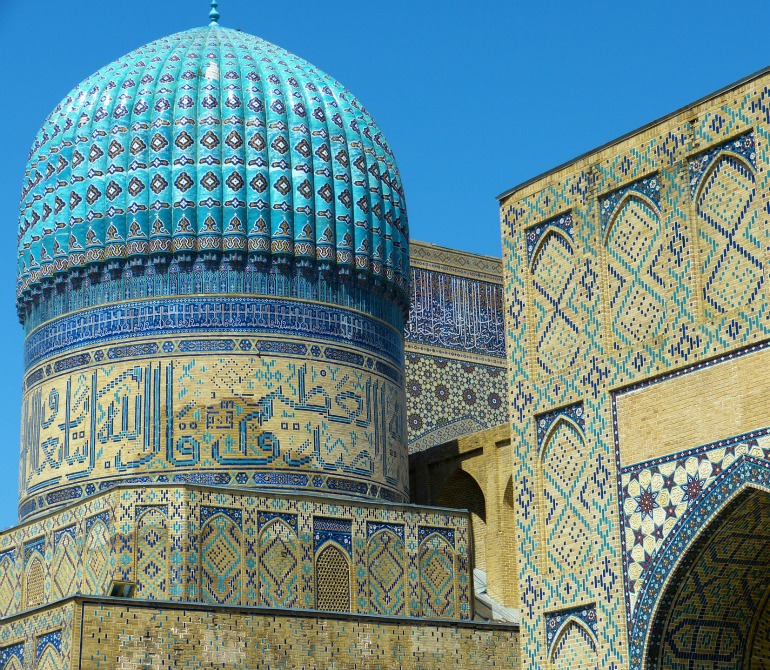This hearing focused on the protests in the Andijon that were met by a violent government response and the lack of meaningful democratization reform in Uzbekistan. The Commissioners touched on the lack of separation of powers in the government and the authoritarian governing institutions that cannot produce a reliable investigation into the violent government response to the protest.
Human rights activists and journalists from Uzbekistan gave testimony on their experience of the oppressive leadership of the government and first-hand account of the horrific and bloody response by the government police to remove peaceful protestors. The hearing discussed what actions the United States can take, within the OSCE framework, to push for meaningful reform.




